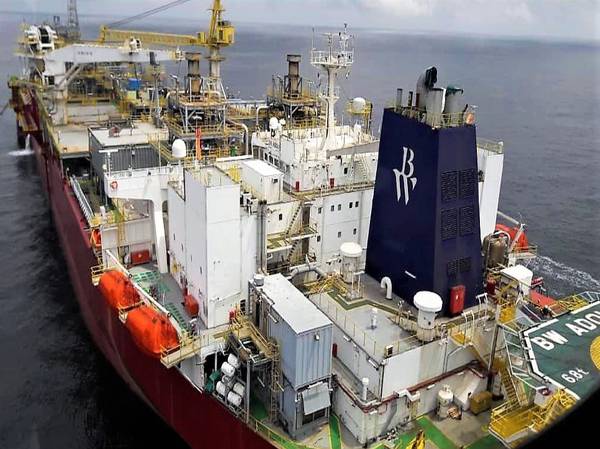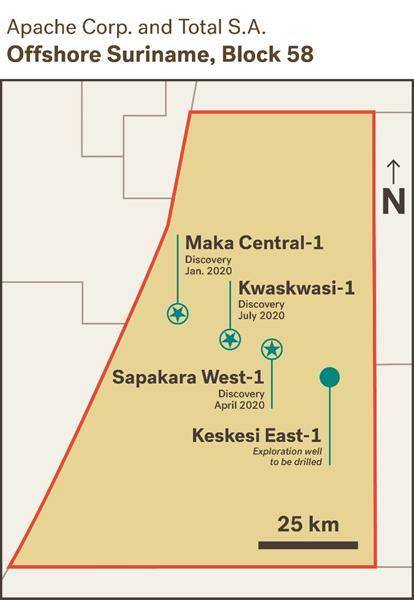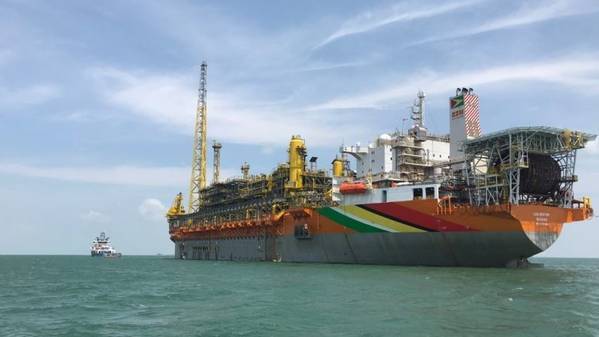24hr Emergency Service Call: +1 713 992 6664 / +1 713 909 0122
FPSO Orders Continue Climb

Methanol Poisoning behind Illness of Brazilian Contractors
January 22, 2020
Independent Operators Lead 2020 FPSO Surge
February 6, 2020The swollen number of orders felt in 2019 for floating production, storage and offloading vessels (FPSO) was, it turns out, well above the average number of yearly go-aheads seen in over the past 10 years, a new floater report says.
Oil prices and a rush to kickstart industry and national wealth in developing countries appears to be behind the rise, as contract counts continue a rebound from the doldrums of 2014-2016. Africa and South America lead the way in numbers of new orders, the report notes, including a new go-ahead by Equinor for a Brazilian FPSO from Japanese contractor Modec.
The report — January 2020 Monthly Floating Production Systems Report — by World Energy Reports says that January 10, 2020 saw the first of what is expected to be around a dozen FPSO orders in 2020. The report, released this week, chronicles orders in 2019 and details developments in the current floater backlog.
Listed are 219 floater projects in the planning stage and 49 on-order. Today’s floating market, it says, also includes 304 floating production units in service and 35 available for redeployment.
Accurate to January 21, 2020, the forecast’s authors also reveal where floaters are being planned or under construction.
FPSO surge
Equinor in Brazil wasn’t the only floater news so far in 2020, as BW Energy confirmed plans to raise $175 million to fund its own oilfield production growth from 9,000 barrels of oil per day to 50,000 to 60,000 bopd by 2023.
Meanwhile, UK-focused Hurricane Energy said that its Aoka Mizu FPSO on the UK continental shelf had produced 11,800 bopd, 800 bopd more than planned, from one well. Hurricane intends to double that to 20,000 beopd with oil flows from two wells.
But the Equinor news loomed large. Modec will supply the operator’s Bacalhau (formerly Carcara) field with what the FPSO report’s author, Jim McCaul calls the most complex floater project on the horizon.
“There’s nothing coming up that’s like the Prelude FLNG contract,” McCaul said in an Offshore Engineer magazine article (January/February 2020). He had foreseen a 2020 go-ahead for Bacalhau.
Modec will operate the FPSO for a year before a handover to Equinor that’s planned to last until 2053. The FPSO will deploy to Block BM-S-8, part of a giant pre-salt play in the Santos Basin, 185 kilometers offshore.
“This will be the largest FPSO in Brazil with a production capacity of 220,000 barrels per day,” Anders Opedal, Equinor’s executive vice president for technology, projects and drilling, was quoted as saying.
Modec will also design and build the FPSO — its topsides plant, its hull and marine systems. The vessel will moor permanently in water 2,050 meters deep by a Modec spread mooring system.
Equinor is joined at Bacalhau by partners ExxonMobil (40%) and Petrogal Brasil (20%). First oil is set for no later than 2024.
Notice: Trying to access array offset on value of type null in /home/u937667962/domains/marineworldsolutions.com/public_html/wp-content/themes/betheme/includes/content-single.php on line 286




